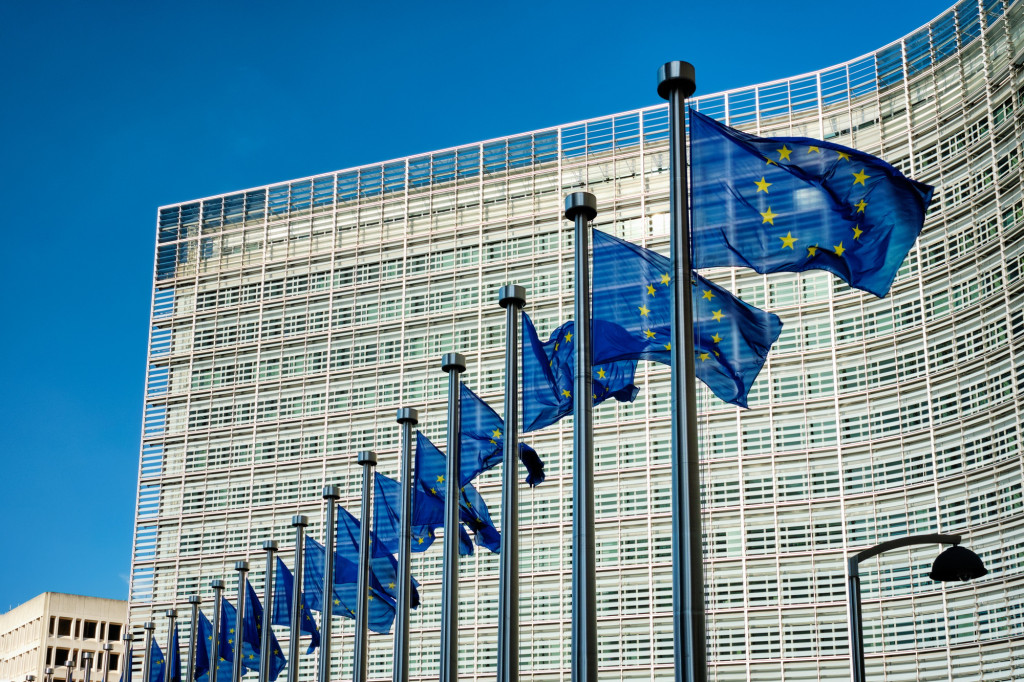EU moves to ratify international treaty on artificial intelligence and human rights
Signed in Vilnius on 5 September 2024, the Convention was jointly developed by the Council of Europe and a wide range of states, including EU members, the United States, the United Kingdom, Israel, and others. It sets a legal standard for ensuring that AI technologies are designed, deployed, and governed in a way that protects fundamental rights and democratic values.

On 3 June 2025, The European Commission has proposed the formal conclusion of the Council of Europe Framework Convention on Artificial Intelligence and Human Rights, Democracy and the Rule of Law, marking the European Union’s support for the first international treaty addressing the governance of artificial intelligence (AI) in relation to fundamental rights.
The Convention, opened for signature in September 2024 in Vilnius, was developed by the Council of Europe in cooperation with its member states and other participating countries, including the United States, the United Kingdom, and Israel. It sets out legal obligations aimed at ensuring that AI systems are developed and used in ways that are consistent with human rights standards, democratic processes, and the rule of law.
The EU signed the Convention in 2024 following the adoption of its Artificial Intelligence Act, which entered into force in August of that year. The AI Act regulates the development, placing on the market, and use of AI systems in the EU. According to the Commission’s proposal, the Convention will be implemented within the Union exclusively through the AI Act and related legislation.
The Convention applies to AI activities carried out by both public authorities and private actors acting on their behalf. For private actors not fulfilling a public role, states may choose how to ensure compliance, either by applying the Convention’s obligations directly or through alternative legal measures. The text also provides for exceptions, such as AI systems used solely for national security or military purposes, and for research not intended for public use.
Core provisions include the need for transparency when individuals interact with AI systems, the requirement for risk and impact assessments, and the establishment of effective oversight mechanisms. The Convention also addresses the availability of remedies where individuals’ rights are affected by AI systems.
A Conference of the Parties, composed of representatives from the signatory countries, will be responsible for monitoring implementation. The Commission will represent the EU in this body and is seeking voting rights proportional to the number of EU member states. If this is not agreed, the Commission may propose that member states also join the Convention individually, under conditions that respect the EU’s legal competencies.
The Convention aligns with existing EU law, including the General Data Protection Regulation (GDPR), the Digital Services Act, and non-discrimination directives. Its provisions are largely consistent with those of the AI Act, particularly with regard to risk-based regulation, oversight, and individual rights.
The Commission argues that the Convention will support a coherent approach to AI governance beyond the EU and provide a reference point for international cooperation on AI regulation.
The proposed Council Decision requires approval from both the Council and the European Parliament before the EU can proceed with ratification.


